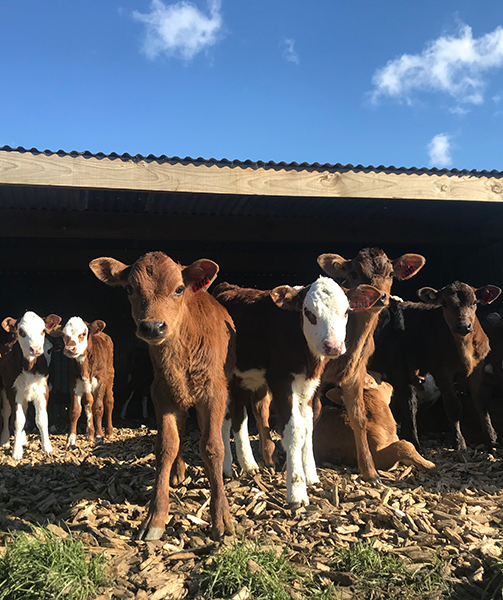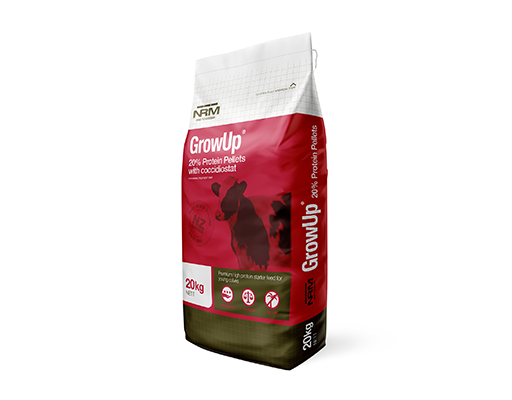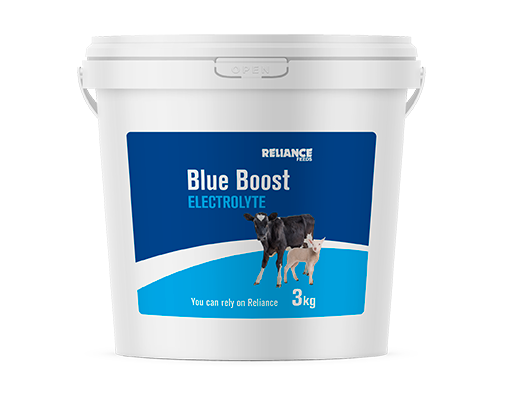Tackling Feeding Challenges for Youngstock
Words by Karen Fraser – Farmlands Technical Specialist
Balancing the feed needs for youngstock during summer is a critical aspect of farming in New Zealand. Summer poses several unique challenges that can impact the growth and health of young calves, and addressing these requires careful planning, monitoring and a well-balanced diet.
In this article we’ll delve deeper into these challenges and effective strategies to overcome the feed needs for youngstock during summer.
Pasture management: As pasture quality decreases during the summer, it’s important to closely monitor the forage available to youngstock. Be aware of the increasing fibre content, and reduced protein and nutrient availability in the pasture.
Regular weighing: This can help identify any growth issues early on. It also allows for timely intervention when necessary to prevent stunted growth.
Health issues: Trust your instincts and act early. If something doesn’t feel right, it often isn’t. Young calves may suffer from vitamin B deficiencies and summer scour, often caused by Yersinia, parasites and coccidiosis. These health problems can significantly slow down growth and hinder development.
Heat stress: High temperatures can reduce feed intake in young animals, so ensure that calves have access to shade and cool, clean water to help them cope with heat stress. Nutritional options are available to help animals cope with oxidative stress and rumen dysfuntion resulting from excess ambient temperatures.
Supplementary feeding: High- quality options like grass silage and well-balanced compound calf feeds are great supplementary options to consider. These can help meet the energy and protein requirements of youngstock when pasture quality is low.
Balanced nutrition: Ensure that the feed you provide is well- balanced, containing the essential nutrients for growth, such as vitamins (A,D,E,K and B groups), calcium, copper, selenium and phosphorus. Don’t overlook the importance of these micronutrients in calf development.
Calf feed options: Pelletised calf feeds like NRM and Reliance can provide dense, highly digestible nutrition. These feeds are formulated to support growth and can help combat issues like coccidiosis.
Consultation: It’s a good idea to consult with your local experts, such as Farmlands Technical Field Officers or Nutrition Specialists, to create a tailored feeding plan for your youngstock. They can offer guidance on optimising the nutritional balance and addressing specific challenges on your farm.
Maintaining a well-balanced and nutritious diet during their first two years of life is crucial to youngstock achieving their full potential.
Remember, poor nutrition and growth during their early stages can have a lasting impact. By addressing specific challenges and ensuring quality feed is available, you can support healthy development and minimise long-term growth issues.




